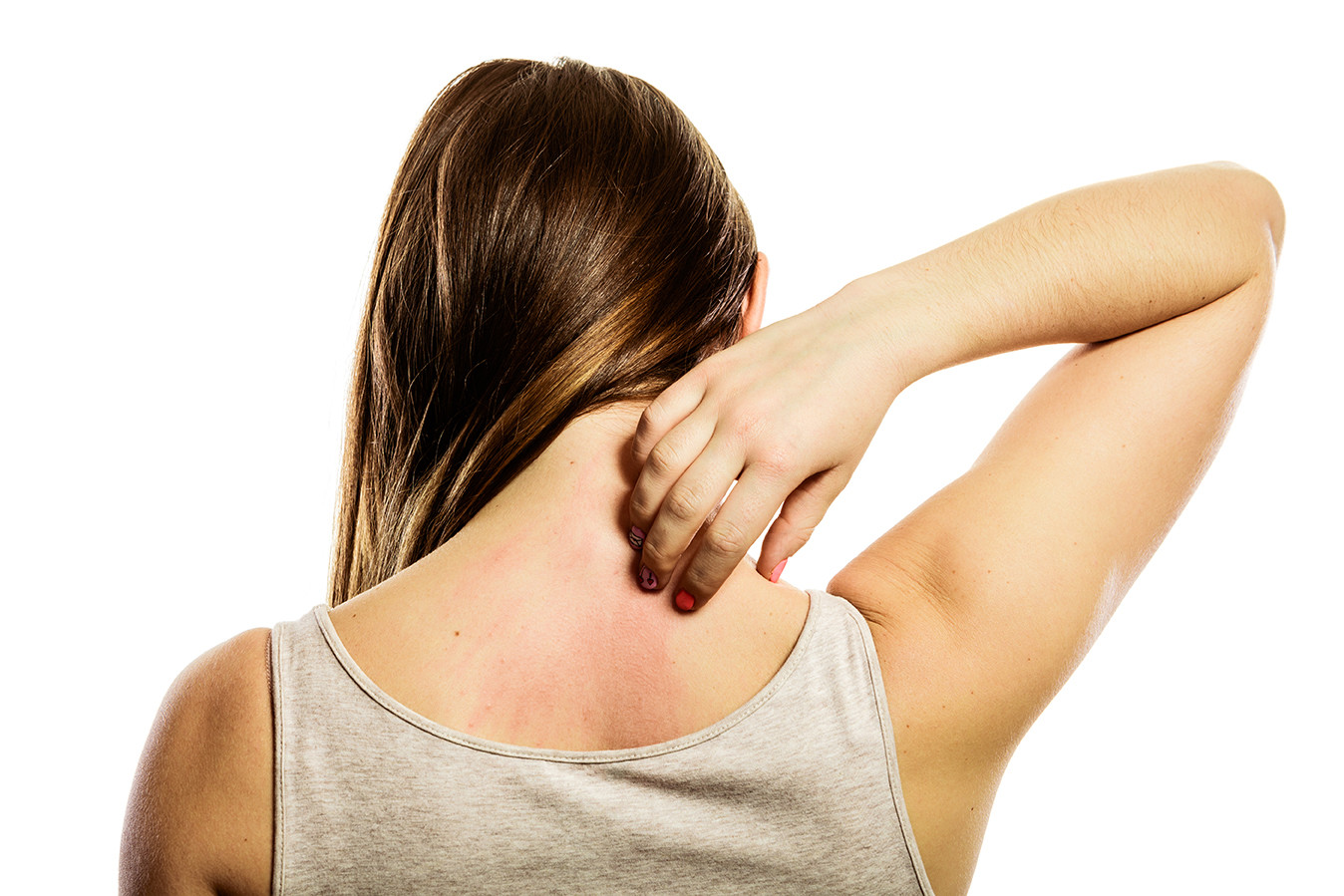DIABETIC SKIN DISORDERS
Skin Problems in Diabetes
It is important to know of potentially serious diabetic skin problems. In most cases, diabetic skin disorders or diabetes related itching skin can be managed through an early diagnosis and timely treatment of the respective skin complication in diabetes.
DIABETIC SKIN DISORDERS SYMPTOMS
Diabetes is associated with diabetic skin complications and if you identify any of the diabetic skin symptoms below, it is likely that you have diabetes-related skin disorders:
- Boils
- Lumps at the eye or edge of the eyes
- Vaginal itching
- Inflammatory features in nails
- Thickening of skin
- Discoloration of skin or nails
- Dark pigmentation at the neck, armpits
- Hair loss, thinning of skin
- Lesions, or blisters, rashes
DIABETIC SKIN DISORDERS SYMPTOMS
Diabetes is associated with diabetic skin complications and if you identify any of the diabetic skin symptoms below, it is likely that you have diabetes-related skin disorders:
- Boils
- Lumps at the eye or edge of the eyes
- Vaginal itching
- Inflammatory features in nails
- Thickening of skin
- Discoloration of skin or nails
- Dark pigmentation at the neck, armpits
- Hair loss, thinning of skin
- Lesions, or blisters, rashes
CAUSES OF DIABETIC SKIN DISORDERS
Diabetic skin diseases are an early sign of diabetes. Over 75% of diabetics have diabetic skin problems, with a higher rate of incidence in people with type 2 diabetes than those with type 1 diabetes.
Given below are some possible reasons for the occurrence of diabetic skin disorders:
- Insulin resistance
- Side effects of insulin
- Infections due to diabetes
- Other unknown causes
DIABETIC SKIN DISORDERS MANAGEMENT/TREATMENT
Diabetics can take good care of their skin and avoid developing diabetic skin infections by:
- Maintaining normal blood sugar levels.
- Keeping the skin clean and dry – may use talcum powder at the groin or armpits, particularly in areas where skin touches skin.
- Avoiding hot baths and showers which can make your skin dry.
- Using mild shampoos.
- Keeping themselves hydrated and healthy, by drinking plenty of water and using moisturizers.
- Promptly and appropriately taking care of minor cuts – wash the area with soap and water, apply an ointment or cream suggested by your doctor and cover it with sterile gauze.
- Checking your feet carefully for sores or cuts, and your shoes for any foreign particles before wearing.
- Considering use of special shoes or socks if you have neuropathy.
See your diabetes expert or dermatologist if you notice any abnormality on your skin, to avoid any diabetic skin problems.
We would love to understand more about your concerns and experiences with diabetes. Do feel free to call us at our toll no or visit any of our diabetes care centers located near you











